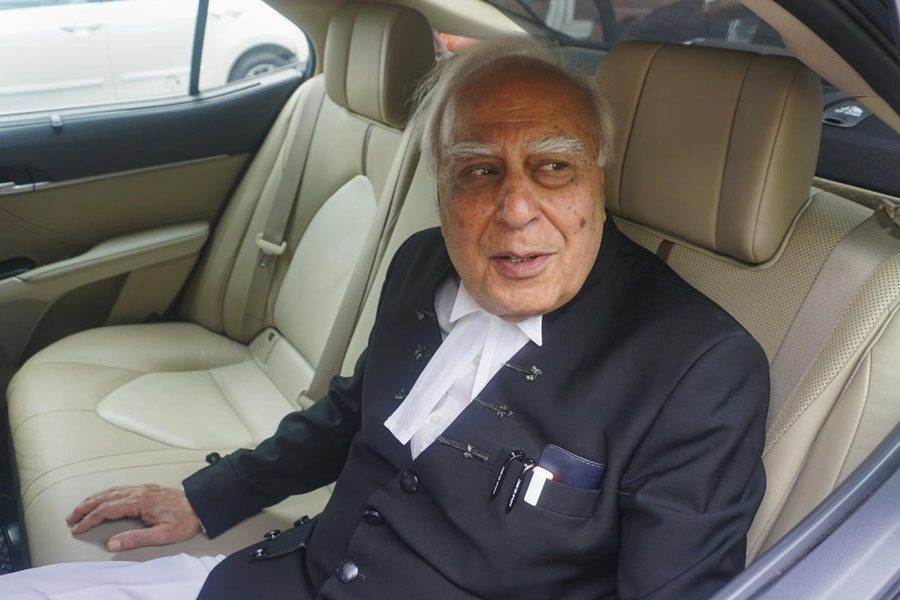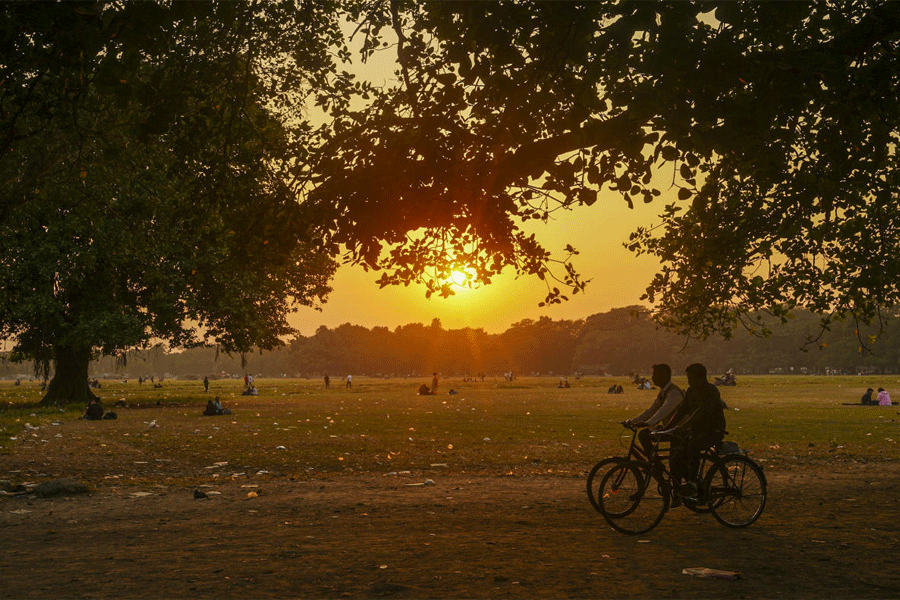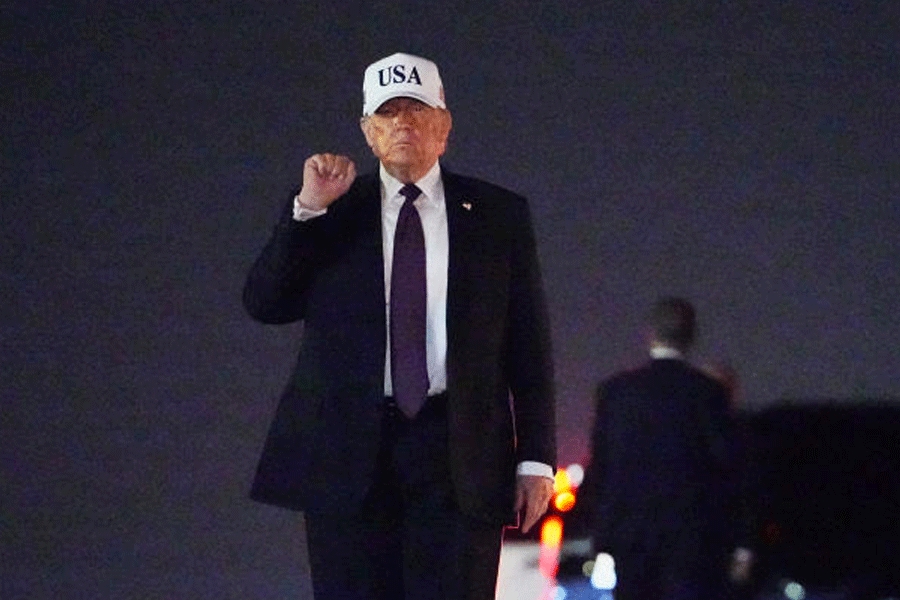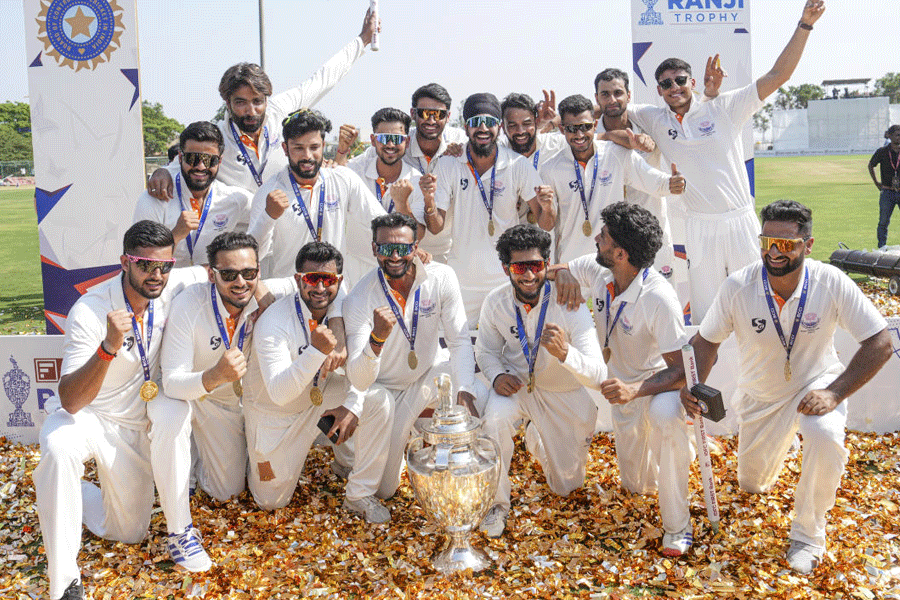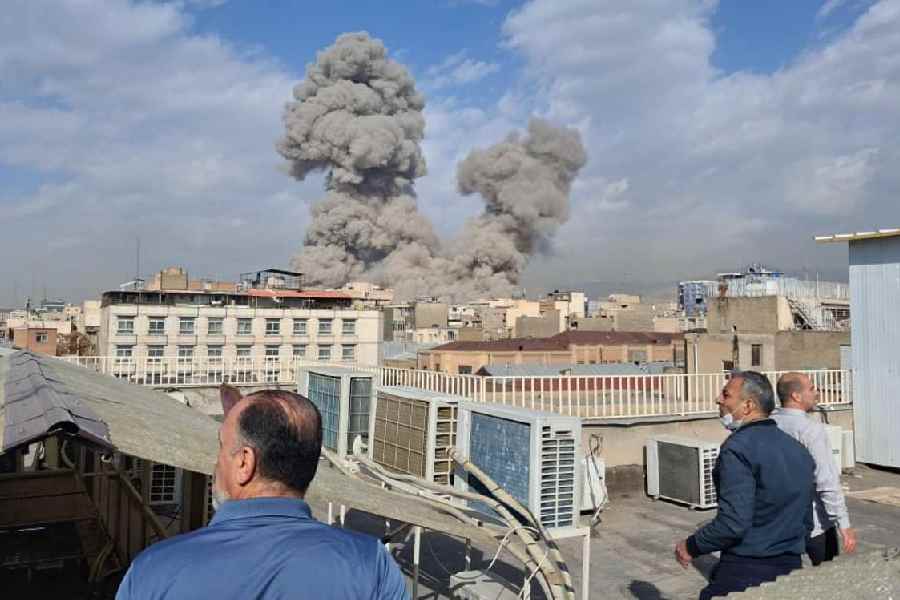New Delhi, July 5: Nine years ago, India expelled one Jalil Abbas Jilani, chargé d’affaires or acting high commissioner for Pakistan, for allegedly supplying funds to Hurriyat leaders.
For the past two days, the same man has been India’s guest, discussing with India’s foreign secretary Ranjan Mathai how to improve trust between their two countries.
Jilani, now Pakistan’s foreign secretary, wrapped up the two-day talks with Mathai in New Delhi this evening.
His February 8, 2003, expulsion — a little over a year after the December 2001 Parliament attack — had brought bilateral ties to a new low, prompting Islamabad to reply with the tit-for-tat expulsion of Indian envoy Sudhir Vyas.
Today, Jilani did not forget to make a “courtesy call” on a man whose hawkish stand on Pakistan had been instrumental in his 2003 expulsion. He dropped in at the bungalow of L.K. Advani, the then home minister whose department had pushed Delhi police to compile evidence against Jilani.
If the meeting was testimony to the unpredictability of India-Pakistan relations, it also underlined that personal ties between the players are not affected by political and diplomatic decisions. Jilani underlined the personal angle at his joint media interaction with Mathai today.
The Pakistani foreign secretary, who had spent several years in Delhi, said: “It is a great pleasure for me to be back in this historic city. I am delighted to meet my old friends and colleagues.”
On Tuesday, Jilani had even met Hurriyat leaders at the Pakistani high commission office. It is nearly a ritual for Pakistan’s foreign ministers and foreign secretaries to meet Hurriyat leaders when visiting India with South Block having never objected. Still, few would have missed the irony considering the reason Jilani was expelled for.
Sources said South Block had neither objected nor planned to object to Jilani’s meeting with the separatists.
“How can we, when the two foreign secretaries discussed Jammu and Kashmir? Let us not blow this out of proportion,” a government source said.
Because of the long years he spent in India, Jilani has many friends here.
He had been Pakistan’s deputy high commissioner and then acting high commissioner in New Delhi from 1999 to 2003 till he was declared persona non grata.
For at least part of his Delhi stint, Jilani stayed at a rented south Delhi house that belonged to a senior Indian diplomat. Jilani, a career diplomat, is a specialist in South Asian affairs and was director of the Pakistan foreign ministry’s India desk from 1992 to 1995. Sources said he visited India a dozen times after his expulsion as director-general of South Asia and Saarc between 2003 and 2007.
But the situation had turned ugly in February 2003. India officially accused Jilani of “indulging in activities incompatible with his official status”. He was given just 48 hours to leave India though an expelled diplomat is usually given seven days. India also expelled four other Pakistan high commission officials.
The then Indian foreign ministry spokesperson had said that Jilani’s activities “were not meant to improve relations”.
Pakistan dubbed India’s action “diplomatic terrorism” and within hours, expelled Vyas, giving him 48 hours too. India accused Pakistan of pursuing the path of “confrontation, compulsive hostility and brinkmanship”.
Over the years, the police case against Jilani and Hurriyat leaders has meandered to a non-conclusion. Little has been proved, suggesting politics and the backdrop of the Parliament attack — which saw a border standoff between the two militaries — had contributed to Jilani’s expulsion.
Sources said Advani’s hard line on Pakistan, as opposed to then Prime Minister A.B. Vajpayee’s more moderate stance, had led to Jilani’s expulsion. That did not stop Advani from receiving the Pakistani diplomat warmly today and having a half-hour private discussion with him.
Chances are that Vyas, who has a few years of service left, may become India’s foreign secretary in a couple of years and end up visiting Pakistan. Currently, he is secretary (economic relations) in the foreign ministry.


